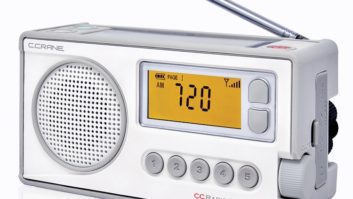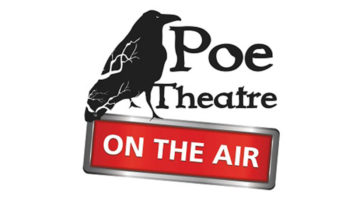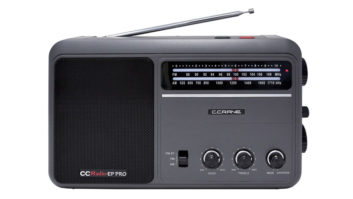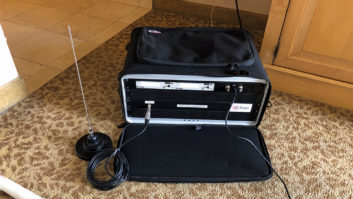The Justice Department found no evidence that subscription prices would go up after the two satellite radio companies combined.
Looking at subscriber behavior now, Barnett said there’s little switching between sat rad services; once someone signs up, they’re not likely to switch to the other service, the DOJ found. Therefore, there’s little competition between Sirius–XM as far as poaching each other’s customers.
Even absent a merger, there’s little competition in the OEM world between the two satcasters because they long ago locked up long-term auto agreements “that provide incentives to all of the major auto manufacturers to install their radios in new vehicles.” This means there was no evidence that competition between the two companies beyond the auto contracts would affect customer choice, the DOJ said in its decision.
These examples — and the fact that customers need different equipment because there is no interoperable equipment and won’t be for a few years — mean DOJ decided it “could not support defining a market limited to the two satellite radio firms that would exclude various alternative sources for audio entertainment.”












